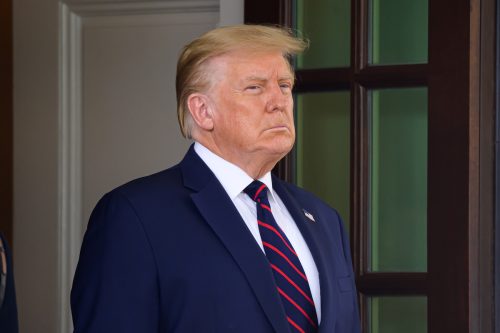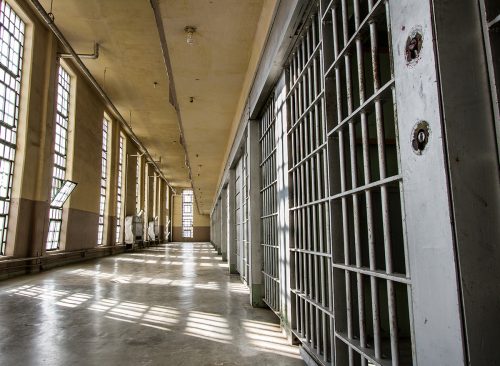Trump’s Espionage Act Charges: How Much Prison Time Could He Face?
Here's what the experts say.

In June, a federal grand jury indicted former president Donald Trump on 37 counts related to his alleged mishandling of classified documents and obstruction. Thirty-one of those are for alleged violations of the Espionage Act. If found guilty, how much prison time could Trump be facing? Here’s what the experts say, and what other Espionage Act cases indicate.

Last month, FBI analyst Kendra Kingsbury was sentenced to 46 months in prison for willful retention of national security secrets. She was accused of keeping 386 classified documents at her home in Kansas and pleaded guilty to two counts of violating the Espionage Act, involving 20 of the documents. Before sentencing, her lawyer asked the judge for probation, comparing the case to the one against Trump “Her situation has been publicized locally and nationally — garnering mention alongside prominent political figures whose conduct appears uncannily analogous to Ms. Kingsbury’s,” the attorney said.

Trump is not being accused of being a spy. Instead, he is charged with violating 18 U.S.C. 793(e), a provision of the Espionage Act that makes “unauthorized possession” of documents “relating to the national defense” a crime. He has pleaded not guilty. An indictment alleges the former president kept documents classified from top secret to secret in boxes stored at his club Mar-a-Lago, including in a bathroom and shower, a ballroom and his bedroom. The documents allegedly contained information on U.S. nuclear programs, potential vulnerabilities of the U.S. and its allies to military attack, and plans for potential retaliation to an attack.

“It is rare that these cases ever go to trial,” Mark Zaid, a national security lawyer, told CBS News. “Because of the nature of how the Classified Information Procedures Act works, there’s very little by way of legal argument that exists by the time the trial would come around. So it becomes a factual debate. Did the person do it or not? And given in these cases, as with Trump, it is uncontested the individual was in possession of the national defense information. So they plead.”

Since 2017, at least seven cases involving the same provision of the Espionage Act ended in guilty pleas, CBS News reported. Another went to trial, resulting in a guilty verdict. None of the defendants received the maximum sentence—10 years in prison. Sentences ranged from 18 months to nine years, and more than half received lesser sentences than the government had asked for. “Usually the sentences are around three to six years,” said Zaid.

Kingsbury had been accused of taking home documents from the FBI that were classified “secret” and included information on “sensitive human source operations in national security investigations, intelligence gaps regarding hostile foreign intelligence services and terrorist organizations, and the technical capabilities of the FBI against counterintelligence and counterterrorism targets.” She kept the documents in an unsecure space in her home, court documents said. Zaid said the case against Trump is different. “[Trump] had much higher level information than she did and that too would be taken into account in any punishment,” Zaid told CBS News.














